Sport
The coup in Guinea-Bissau within three days of elections and the appointment of a close military aide of deposed President Umaro Embaló as the transitional head have uncorked a gamut of conspiracy theories and plunged the nation into chaos again.
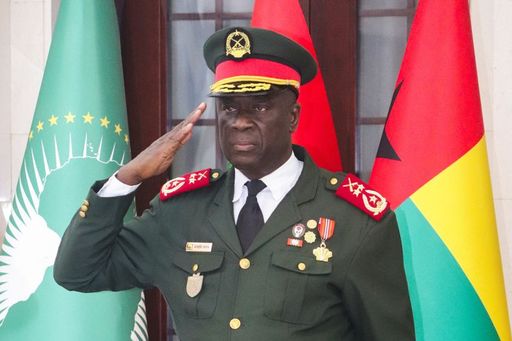
When the military seized power in Guinea-Bissau on November 26, the official word was that a conspiracy involving "drug lords" and "the introduction of weapons to alter constitutional order" forced the armed forces' hand.
The military has since installed General Horta N'Tam as the country's transitional president, sparking a raft of theories about both the timing of the supposed coup d'état and the choice of interim head.
The military takeover unfolded just as the National Electoral Commission prepared to announce the results of the November 23 vote, with President Umaro Sissoco Embaló seeking to be the first leader in over two decades to secure consecutive terms in Guinea-Bissau.
If that weren't enough of a paradox, the line between a coup and speculated political manoeuvring has been further blurred by a long-time ally of the "deposed" President emerging as the transitional head.
"General N'Tam is very close to the deposed President, who recently appointed him as the army's chief of staff. He was accused by the opposition of active participation in campaigns supporting the president," Amatijane Candé, a journalist in Bissau, told TRT Afrika.
"In fact, all the people leading the coup are very close to the President, and they were actively involved in campaigning for him."
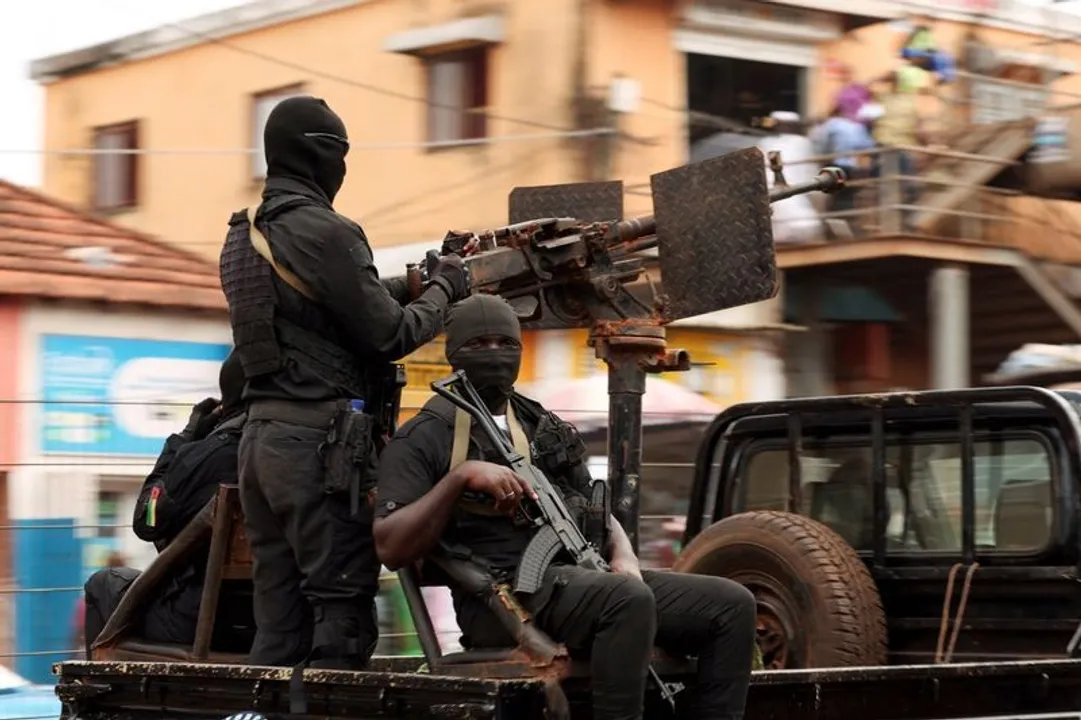
The main opposition candidate, Fernando Dias, alleged that the military takeover was a "fabricated coup d’état" by a President who "couldn't handle defeat". The remarks, made in a video circulating on social media, has fanned concerns over whether this West African nation with a turbulent history is headed for another spell of uncertainty.
Soldiers remained deployed around the presidential palace on Thursday, the day the electoral commission was due to announce the election results. Businesses and banks remained shut across the capital city of Bissau, with most residents staying indoors.
The military said Embaló was being held at the general-staff headquarters and was being "well-treated".
Electoral conundrum
Embaló had been expected to win the vote after the country's Supreme Court disqualified the President's strongest rival, Domingos Simoes Pereira, on technical grounds. This election was the first time in the country's history that Pereira's African Party for the Independence of Guinea and Cape Verde (PAIGC) didn't appear on the ballots.
"I simply wanted to inform you that once again, we are the target of a fabricated coup attempt. I am the winner of the election; I have polling station reports confirming my victory. I won, so how could I possibly orchestrate a coup? After all, who is behind this?" said opposition candidate Dias.
News agency AFP quoted General N'Tam as saying that the military had gathered evidence "sufficient to justify the operation", adding that "necessary measures are urgent and important, and require everyone's participation".
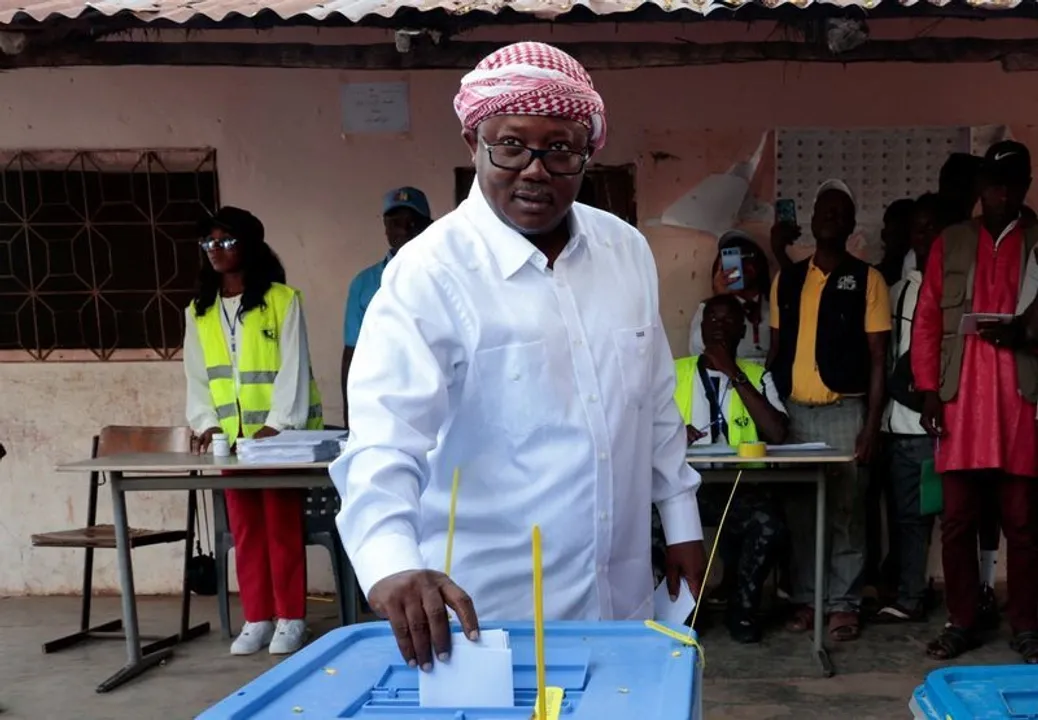
Guinea-Bissau, a country of 2.2 million people, has endured coups and attempted takeovers since independence from Portugal more than 50 years ago. Before this week's developments, the last attempted putsch was in October. Unsurprisingly, political stability was among the main poll planks in an election that seems to have been derailed for now.
"People are thinking that this is a coup, not against the President, but the outcome of the election," says Candé.
Regional response
Regional bloc ECOWAS has warned that the coup further threatens the stability of a region that has seen military generals seize power in Guinea, Mali, Burkina Faso, Niger and Gabon since 2020.
"The interesting thing is that we currently have a stabilisation support mission of ECOWAS in the country. They have been here for more than three years, assuring the safety and security of the president and civilians," Candé tells TRT Afrika.
"People are waiting to see what role ECOWAS will take because the country has faced situations like this for so long."
On Wednesday afternoon, General Denis N'Canha, head of the presidential military office, told journalists that the military was assuming control of the country "until further notice" and halting "the entire electoral process". He also announced the suspension of "all media programming" and a mandatory curfew.
Land, air and sea borders, which had been shut in the aftermath of the coup, reopened on Thursday, General Lassana Mansali said.
A spokesperson for UN secretary-general António Guterres said he was "following the situation with deep concern".
President Paul Kagame of Rwanda was among those left puzzled and concerned by the events unfolding in Guinea-Bissau. "When I heard about it first, I thought somebody was carrying out a coup against himself," he said, adding that he needed time to confirm what had occurred.
The heads of the electoral observer missions have urged the African Union and ECOWAS to take all necessary steps to restore constitutional order.
Comments
No comments Yet








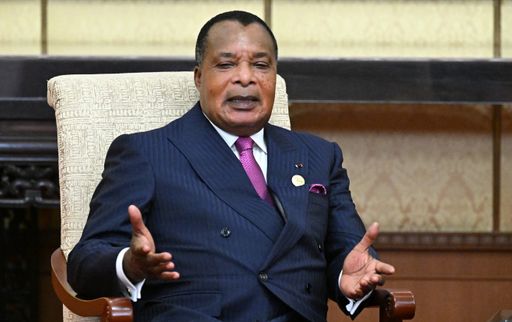
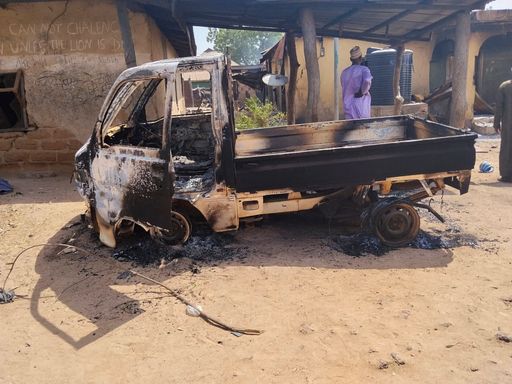

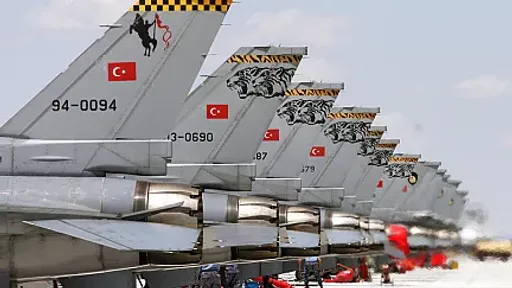








Comment